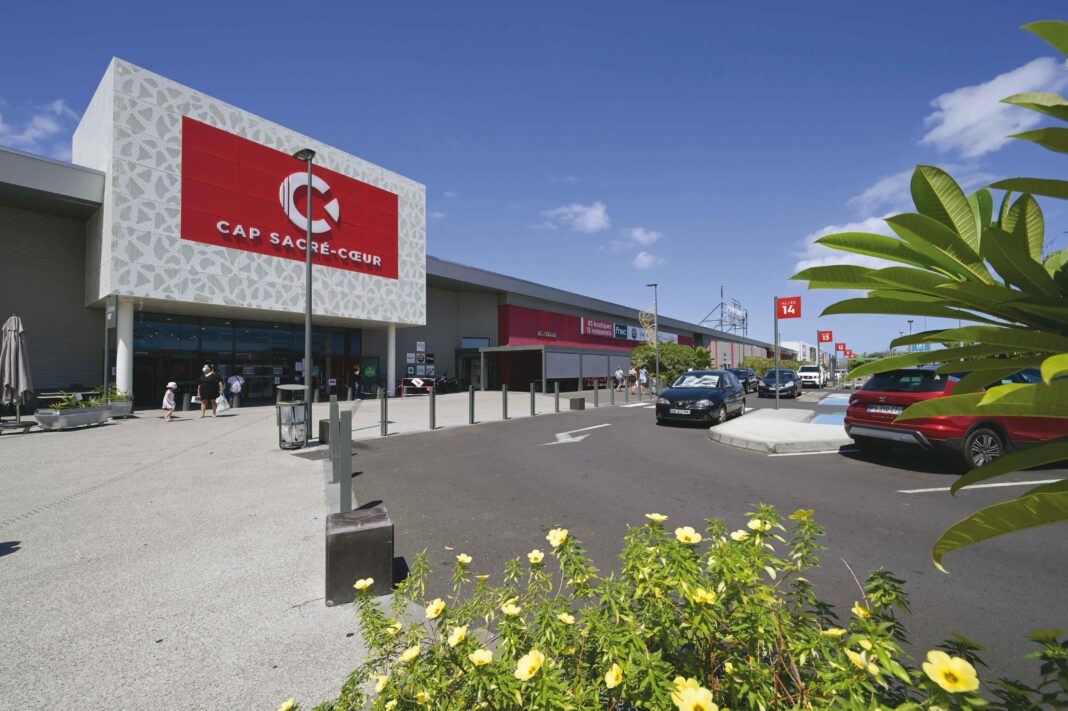A metropolitan study carried out for the National Council of Shopping Centers (CNCC) testifies to the impact of the Covid crisis on the strategic thinking of major brands on the evolution of shopping centers.
L
he large scale retail landscape in Reunion is changing not only in terms of market share. Retailers are also thinking about new consumer expectations and the place of large retailers in cities., and this despite a difficult economic situation. Shopping centers are adapting by taking into account the purchasing attitudes arising from the confinement. In a city, a recent qualitative study carried out for the National Council of shopping centers with around ten retailer managers provides information on some major strategic choices for the years to come. Carried out pre and post-containment, this survey presents the dynamics allowing to face the upheavals in progress and to capture the opportunities to respond to them. The Kantar study thus reveals the existence of a strong demand from retailers for more visibility, understanding and transparency in order to reinvent the terms of the landlord-tenant relationship. The health crisis has affected all those involved in shopping centers and has forced them to dialogue to better manage the periods of closure. As we see the end of the epidemic, they share even more than before the goal of generating more traffic within the shopping center. So, brands see in data, an opportunity to create more targeted marketing, personalized and localized, while the lessors aim to diversify the merchandising of their centers to meet new consumer expectations.
An urban character to enhance
Faced with the differences in dynamics between shopping centers in France, the brands warn about the risk of rupture between the star centers which have the means to invest and those which, on the contrary, would be unable to restart their activity. The question of the attractiveness of smaller centers and their economic equation had until then been questioned by certain brands attracted by major shopping centers. However, recent months have demonstrated the existence of opportunities for centers that are geographically closer, better integrated into the urban fabric and more socially and environmentally responsible. Other lesson of the study, in reaction to the closure of so-called “non-essential” businesses, many physical stores have accelerated their digital shift. Omnichannel has become obvious to consumers, encouraging shopping centers to adapt. To consolidate these new trends and create a real e-commerce policy for and by the shopping center itself, the Kantar study notes the need to strengthen the landlord's service offer for the benefit of its tenants, such as the creation of a common click space&collect (clicked-delivered) or the pooling of last mile logistics. The time is not far off when each physical shopping center will have its digital avatar, with the same offer in real time, on the web and in stores.












